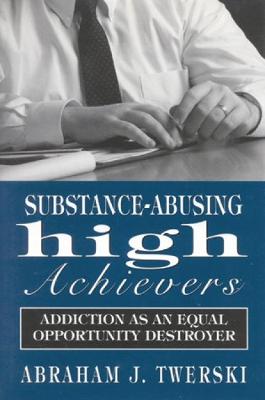Library of Substance Abuse Treatment
1 total work
Denial of addiction is the most prominent symptom of individuals who have problems with alcohol and substance abuse. Whatever its psychodynamics, their denial is reinforced by (1) fear that acknowledgment and treatment might jeopardize their professional status, and (2) the misconception that intellectual superiority constitutes a safeguard against loss of control. High achievers–doctors, lawyers, business executives, clerics, nurses, professors–are particularly vulnerable to such denial. Moreover, their spouses may share the fear that exposure could jeopardize and even undermine the family's livelihood. Some people become high achievers or overachievers in order to compensate for feelings of inadequacy and unworthiness. These feelings almost invariably surface in the substance abuser, antedating the onset of abuse. A particular challenge in treating this population is to address the negative consequences of low self-esteem without crippling the impulse to excel. Dr. Twerski demonstrates that chemical dependency is indeed an equal opportunity destroyer and he illuminates the makeup of high-achieving substance abusers as their narratives unfold. Addicted individuals will recognize themselves in these pages while providers of human services will discover ways and means to diagnose and intervene.
